News & Updates
Leave No Trace Skills Series: How to Plan a Backcountry Trip

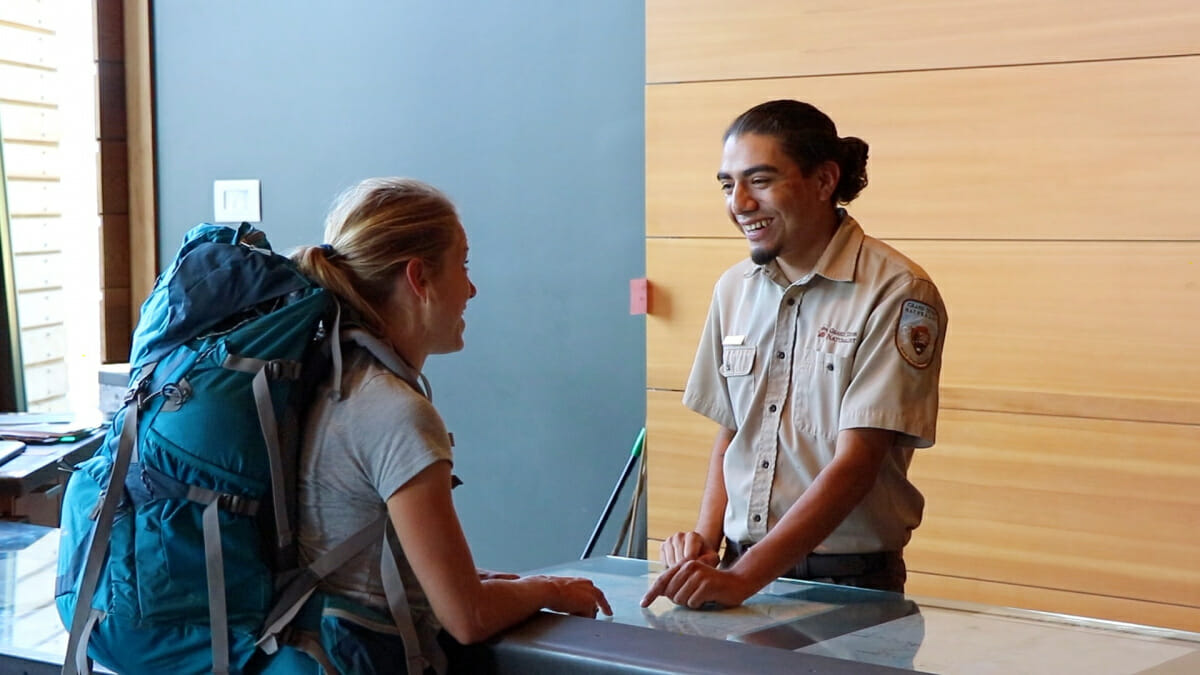
Boulder, CO: Planning an overnight backcountry trip and not sure where to start? Or just want to make sure you’re minimizing your impacts in the backcountry? Either way, check out the video below for pro tips on what to do before you hit the dusty (or sandy, snowy or rocky) trail. Being prepared for your backcountry experience will make your trip more fun, safer and will keep you from damaging your favorite outdoor places.
1. Fancy equipment won’t help you much if you don’t know how to use it. Check for outdoor skills classes at your local outdoor store, college or university, or guide service. Our website has tons of informative videos, blog articles, and even an online awareness workshop.
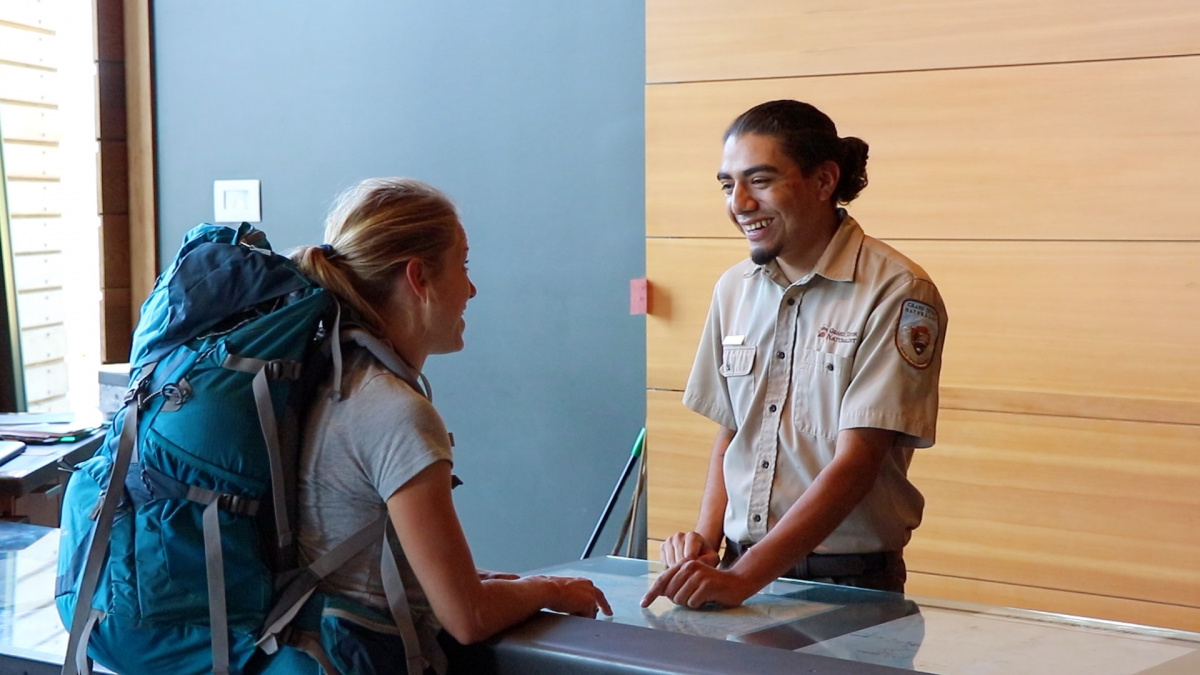
2. Don’t show up to the trailhead clueless! Do you need a permit? Are there any trail closures? Is there a fire ban? Are dogs allowed where you’re going? Check out websites, social media pages, and guidebooks for the area you’re visiting. We get some of the most up-to-date and insider information from staff at visitor centers and ranger stations, so it’s definitely worth the time to stop by. It doesn’t take long to gather maps, emergency contacts, and to leave your itinerary with someone you trust, but these easy steps can save your life.
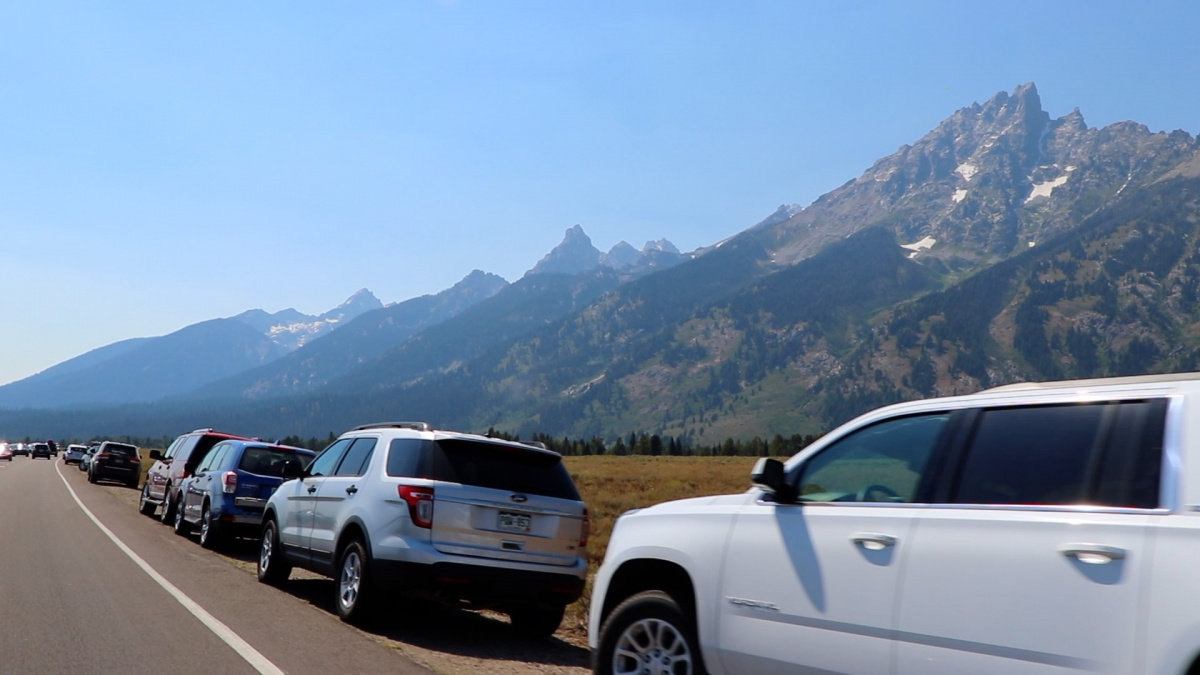
3. Whenever possible, plan your trip for times of low visitation and avoid the most popular areas. This will not only give you more space to play, camp, and park, but you’ll also avoid further damaging high-use areas. Again, ask the staff at the visitor center or ranger station for suggestions on when and where to go. Carpooling or taking public transportation will reduce trailhead congestion and fuel consumption, and you’ll earn your green star for the day.
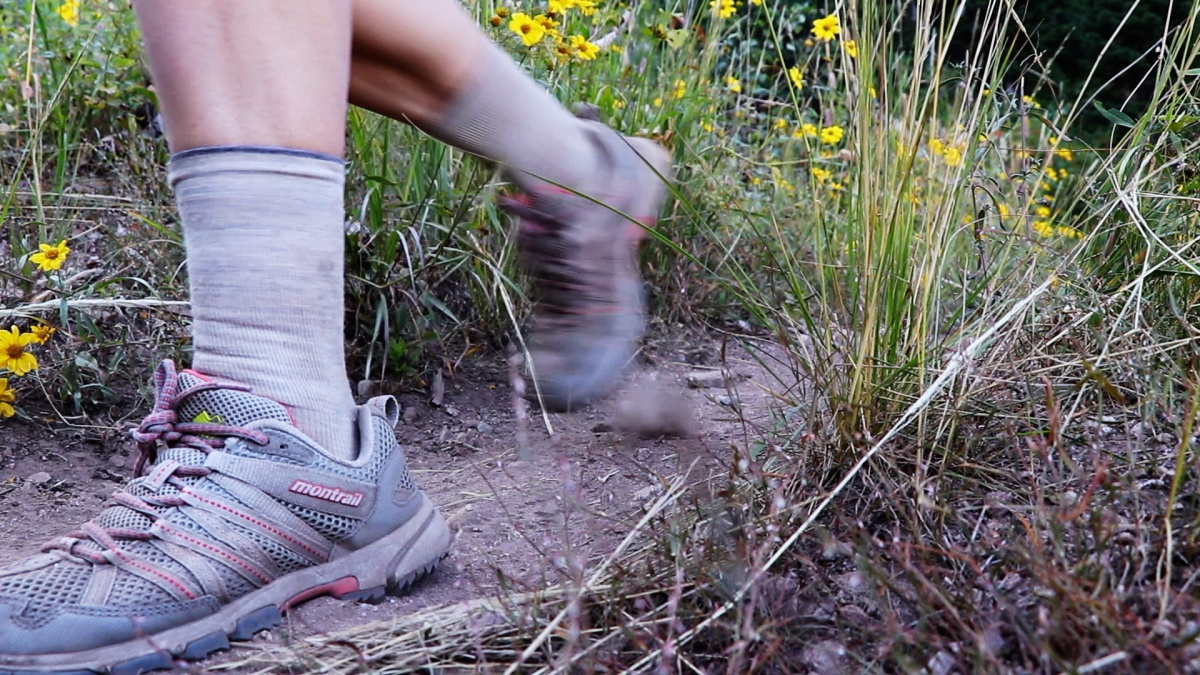
4. The best campsites are found, not made. The same can be said for trails. Plan to hike and camp on established trails and campsites to avoid harming plants and animals who call the backcountry home. Get to know your durable surfaces and stick to them! Also, large groups should consider breaking into smaller groups – it will be easier to find an established campsite and you’ll avoid disturbing other visitors.
5. We keep the Ten Outdoor Essentials ready to go in our backpack and we’ve used all of them at some point! Other must-haves: appropriate footwear so that you can stick to muddy, rocky and/or rough trails, a trash bag for waste, and a leash for Rover to keep him and wildlife safe.
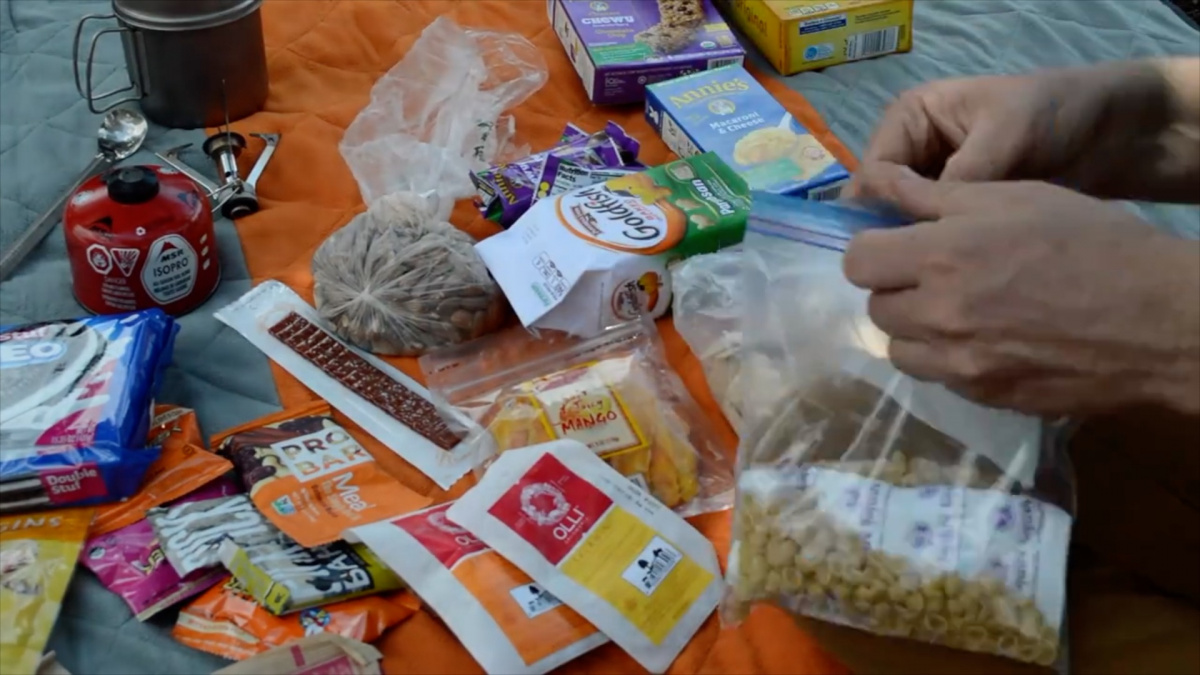
6. Everything tastes better in the backcountry! Being well-nourished can keep you safe and happy, and will help you make good Leave No Trace decisions on your trip. Think high-energy and easy-to-prepare when planning meals. Want to lighten your load? Repackage your food before you go. Also, don’t lose your food to wildlife. Securely store food, trash and ANYTHING with a scent with either a bear bag hang or a bear canister.
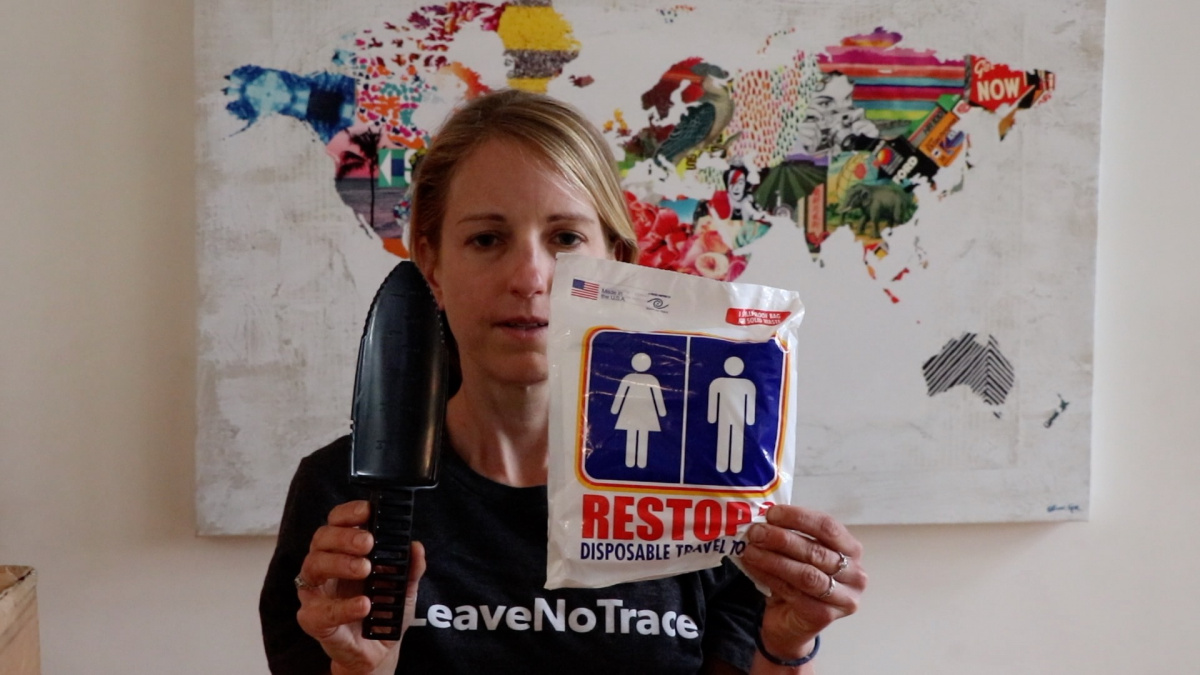
7. Learn how to go before you go! Find out the proper protocol for disposing of human waste in your backcountry environment. Need to dig a 6-8 inch cathole? Pack your lightweight trowel. Is packing it out the way to go? Make sure to bring a human waste bag or two.
Enjoy Your World. Leave No Trace.
Jessie and Matt
Leave No Trace's Jessie Johnson and Matt Schneider are part of the 2017 Subaru/Leave No Trace Traveling Trainer Program that provides free, mobile education to communities across the country. Proud partners of this program include Subaru of America, REI, Eagles Nest Outfitters, Deuter, Thule, Klean Kanteen, and Smartwool.
Let’s protect and enjoy our natural world together
Get the latest in Leave No Trace eNews in your inbox so you can stay informed and involved.
